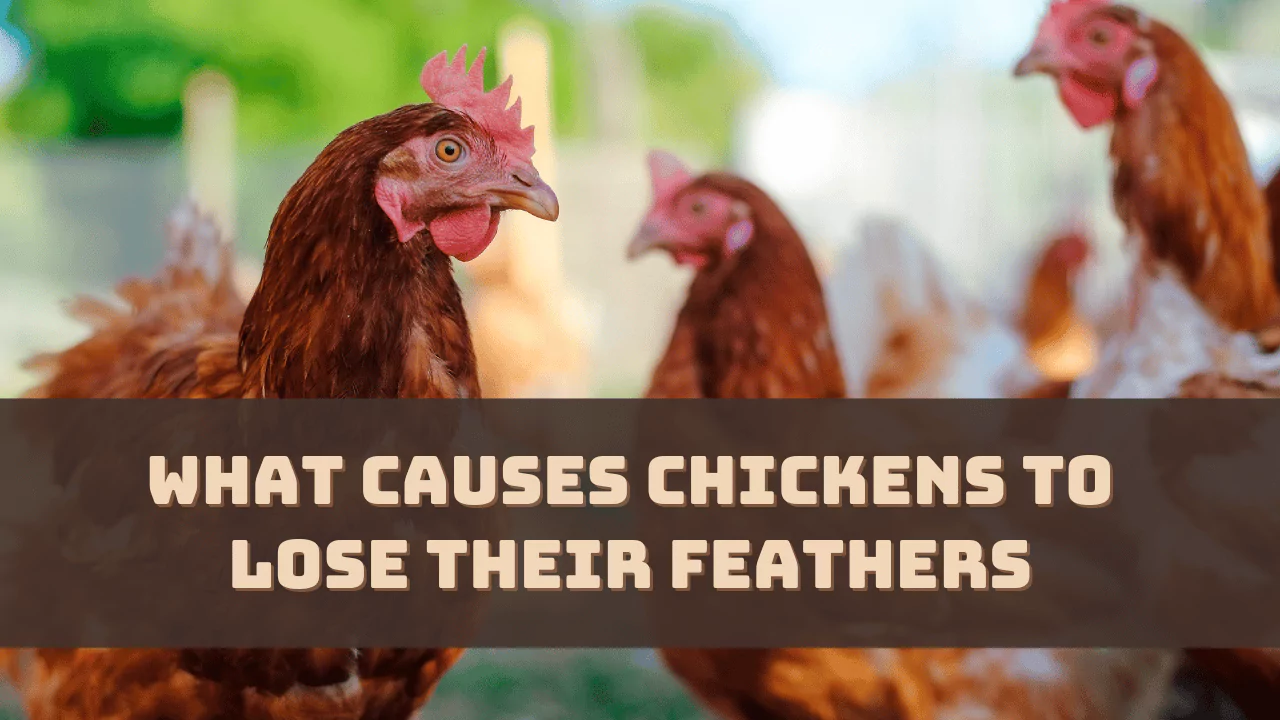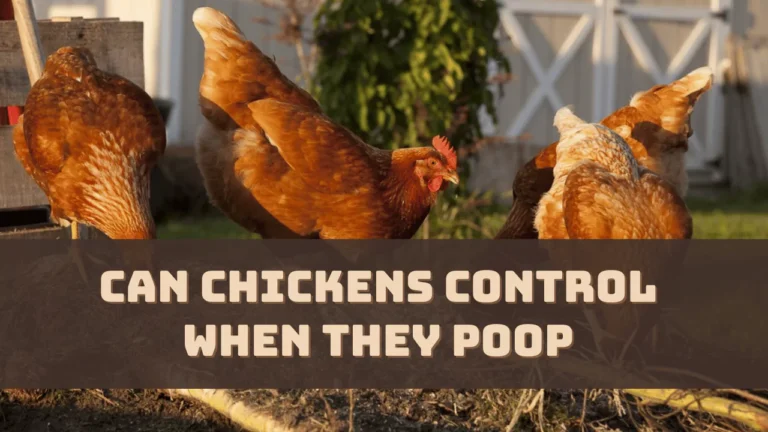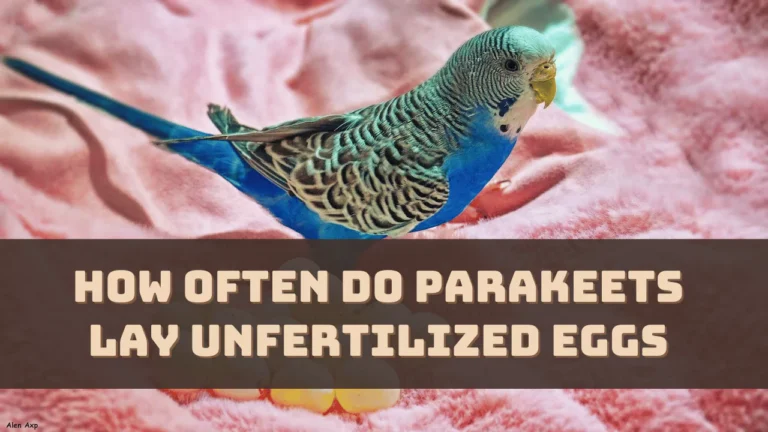Chickens can lose their feathers either due to natural causes which cannot be treated or altered and the other reason is due to health issues. So, you need to pay close attention to the behavior and health of the flock to understand the cause of losing feathers and accordingly treat the bird.
One of the most common reasons for losing feathers is stress which can be triggered by a lack of food, or water, excessive handling, loud noise, the temperature being too high or too low, bright light, or infestation.
Also, chickens develop a day-by-day habit to the routine followed, if any small change is noticed in the routine it can also lead to fear or stress. You can fix the situation by providing good nutrition, fresh food, water, and a peaceful environment.
Let’s learn the other reasons for losing feathers in chickens and how to treat them.
Molting
Molting is a natural process seen in chickens where they lose their feather annually. These feathers are replaced by a new set, so there is nothing to panic. However, the process or duration of molting varies from one chicken to another. For some molting can be for a short period while for others it can take months to replace the lost feathers.
Treatment
To help the chickens grow their feathers faster, you can increase their protein diet, such as mealworm or sunflower seeds which ensure that chickens get back healthy feathers.
Pecking Order
If there is a change in the pecking order, then loss of feathers can occur. Some hens pull the feathers of chickens in other groups to exhibit dominance. During this process, the chickens will likely show visible damage to their feathers. They might even have dried blood stains, and show withdrawal symptoms and anxiety.
Treatment
You have to monitor the flock who are getting bullied and if necessary you have to keep the aggressive chicken separate for a few days. Also, to reduce the tension increase the chicken coop space.
Parasite
Loss of feathers can occur due to tiny pests called mites and lice. They borrow into the chicken’s skin around the feather follicles which leads to the falling of the feather.
Treatment
Regularly check the chickens for signs of parasites. You can use natural oil or poultry dust to treat them. Otherwise, go for an experienced vet’s advice and act accordingly.
Disease
If the chicken is ill, then it can lead to a significant loss of feathers. Mostly, Marek’s disease, owl pox, polyomavirus, gangrenous dermatitis, and malnutrition can be the primary reason for the infection and it can also lead to loss of feathers. Along with that vent gleet infection, it can also lead to whitish-yellow discharge for which feathers fall off.
Treatment
If you notice any kind of lethargy or reduced appetite or signs of illness, immediately consult with the doctor to ensure that all the vaccines are up-to-date and provide immediate treatment to recover the lost feather.
Stress
Changes in environmental conditions or the presence of predators can also trigger stress in the chicken which causes feathers to fall. Also, if the chicken is living in a crowded area or the temperature is too hot or too cold, leading to dehydration, then it can lead to loss of feathers.
Treatment
You have to make the environment as stable as possible, try to use an automatic chicken feeder, and maintain consistency. Check the immunity system which can occur on weekends due to stress.
Boredom
Chickens are curious birds and need continuous mental stimulation as without proper entertainment they might feel bored and start pecking their feathers leading to loss of beautiful plumage.
Treatment
Engage the chicken in entertainment. You can add toys, different levels of perches, or treats so that the chicken does not get bored or stays engaged without feather pecking.
Malnutrition
Lack of proper diet or balanced nutrition can also lead to poor quality feathers which eventually results in feather loss. Due to protein deficiency, chickens can also start to pluck their feathers, generating a bald spot on their body.
Treatment
You must provide them with a well-balanced diet containing vitamins, minerals, and protein and always provide them with clean, fresh water. If required, you can provide them with supplements that would help them to grow.
Mating Habits
Some roosters have aggressive mating habits which leads to loss of feathers from the back of the chicken. Roosters are seen to tuck on the tail feathers of the hen using their beak. This is quite normal, but if it chooses only one mate, then it can create a bald spot on the hen.
Treatment
If you see it is becoming an issue, then separate the rooster from the hen. Try to implement hen saddles, to protect the hen’s back. These measures are temporary and with time the aggressive nature gets reduced.
Preening
Preening is a natural behavior seen among chickens and for this, they can lose some feathers. This process is also necessary as it helps them distribute the oil on their feathers to make them waterproof and insulate them during cold weather. Alternatively, preening can result from stress or external parasites.
Treatment
You need to be aware and monitor this situation closely. Make sure that the shelter is ready to house chickens even in harsh conditions without affecting them and also provide proper treatment in case external parasites are detected.
Nesting Box
The nesting boxes get dirty, rough, and cramped which can lead to damaging the feathers. The nesting box can also get infected with external parasites creating severe problems.
Treatment
You must provide a soft, clean nesting box or bedding for the chicken. There should not be any protruding nails or splinters, which can damage the feathers. Also, the box should have enough space for the chicken to move around.
Predator Attack
If predator birds, such as hawks or rodents attack a hen, then it can lose significant feathers. if the chicken is lucky, then the attackers would only leave with a few feathers and the chicken would be alive.
Treatment
If the chicken has suffered injuries, immediately take it to the vet and try to use strategies that would keep away the predators. You must look at the coop door so that the rodents cannot enter and also make sure there is no existing rodent nest inside the coop.
Aging
Chickens that are aged also lose feathers, which is a natural phenomenon and cannot be reversed.
Treatment
You can provide special care for the aging chickens, which includes a proper nesting area and diet.
Broodiness
Chickens are seen plucking their feathers to keep the eggs warm due to the brooding. This is also a natural phenomenon and the feathers around the keel bone are lost.
Treatment
The bird would continue plucking feathers until the egg hatches, and if you are not interested in hatching the eggs, then discourage the broody behavior. You can remove the nesting material or provide the chicken with a cool bath.
Genetics
Some chicken breeds lose fathers due to genetic reasons, some also have less dense feathers. This occurs due to genetic mutation and cannot be reversed.
Treatment
Before choosing a breed for your coop, you have to look at the feathering traits and select one that has dense feathers.
Poor Coop Design
If the chicken is kept in an ill-maintained coop or poorly designed, then it can lead to loss of feathers. A bird can also lose feathers, due to poor ventilation, the presence of too bright light, or the uneven presence of a feeder and drinker.
Treatment
To fix the problem, you have to make the coop more spacious, safe, and well-ventilated. There should not be any sharp objects which would pull out the feathers. invest in feeders and drinkers and keep the clean well-maintained and clean.
What Should You Do if a Chicken Starts Losing Feathers?
If you are concerned that the chickens you are raising are losing feathers, then here are the steps that you must take:
Identify the Reason
You have to identify the basic reason for feather loss among the chickens. Observe the pattern and identify exactly where the feathers are missing, is it at the back or near the tail? Based on this you can gather more information about the cause and also consult with a vet based on your findings and provide the chickens proper treatment.
Modify the Diet
Chickens lose feathers due to a poor diet, so you have to provide them with a balanced diet. Usually, the amount of vitamin and mineral requirements differ from one chicken to another. So, you have to take the chicken to the vet and get the exact dietary routine you have to follow. Maintain a feeding schedule, follow it consistently, and add more protein to help the regrowth of the feathers. Feed them crickets, bugs, and mealworms, which are available in cans at a bird store. Treats should always be given in moderation as too much of anything can have a negative impact.
Provide a Better Coop
You need to improve the housing condition of the chickens. provide them with a well-ventilated, hazard-free, and spacious coop. There should not be any territorial dispute or presence of pests and predators. The feeders and drinkers should be well-placed and in inadequate numbers. Make the coop predator-free to provide a calm, stress-free environment. Separate roosters from hens, if they are the reasons behind the loss of feathers. You must also keep a correct ratio of hen and rooster. Add toys and treats to keep the chickens engaged so that they do not show any behavioral changes.
Parasitic and Disease Treatment
To prevent external parasites like mites and lice, you have to treat the chickens with natural remedies and medications. This would prevent skin irritation and the birds won’t pluck their feathers any further. You can also provide them with dust baths to remove the moisture from the body and prevent parasitic infestation. Always check for underlying disease through the symptoms, such as lethargy, trouble laying eggs, or a change in eating habits. Deworm the chickens and provide them supplements to increase their immunity. Keep the weak chickens away from the flock as certain diseases are infections and can contaminate the entire coop.
Why Do Chickens Lose Feathers During Winter?
Chickens are seen to lose feathers mostly during winter because they lose body heat that would have otherwise insulated the feathers. So, the chance of getting affected by external parasites such as mites, and lice increases during winter. So, there is stress due to the irregular availability of food to maintain a proper diet.
When Does Molting Occur?
In chickens, molting occurs during late summer or early fall which lasts for around 6 to 12 weeks, where old feathers fall out and new feathers replace them.


![Can Ducks Have Celery? [Explained] 7 Can Ducks Have Celery](https://masterbirds.com/wp-content/uploads/2024/02/can-ducks-have-celery-768x432.webp)

